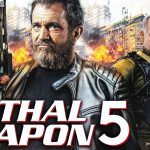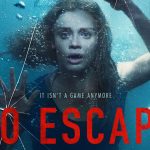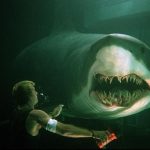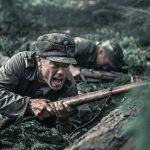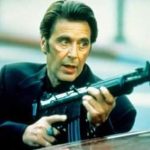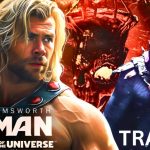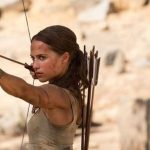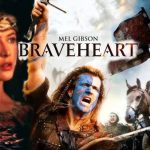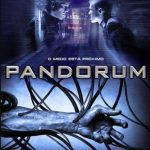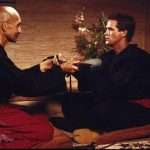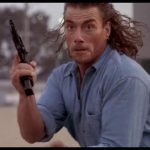The Rover (2014)

The Rover is a 2014 Australian post-apocalyptic western drama written and directed by David Michôd, based on a story by Michôd and Joel Edgerton. Set in a desolate, dystopian future, the film takes place a decade after the global economic collapse. This contemporary western unfolds in the barren outback of Australia, where the collapse of society has led to lawlessness and desperation. The film features intense performances from Guy Pearce and Robert Pattinson, exploring themes of survival, revenge, and human morality in a world gone awry.
The story of The Rover follows Eric (Guy Pearce), a hardened and vengeful man who tracks down a group of thieves who stole his car. After they abandon a wounded young man, Rey (Robert Pattinson), Eric forms an uneasy alliance with him. The two of them embark on a dangerous journey through the barren Australian outback, encountering hostile forces and confronting their own personal demons. As the film progresses, Eric’s quest for revenge becomes intertwined with Rey’s struggle to survive in a world where hope is scarce and human decency is rare.
The central character, Eric, portrayed by Guy Pearce, is a man of few words but intense determination. He is hardened by the collapse of society and is willing to do anything to retrieve his stolen car, which symbolizes his last connection to the world that once was. Robert Pattinson plays Rey, a vulnerable and mentally impaired young man who is caught up in a chain of events beyond his control. Although Rey is initially presented as weak and somewhat naive, he gradually reveals a more complex and resilient side as the film unfolds. Together, their dynamic creates a fascinating contrast, driving the emotional core of the story.
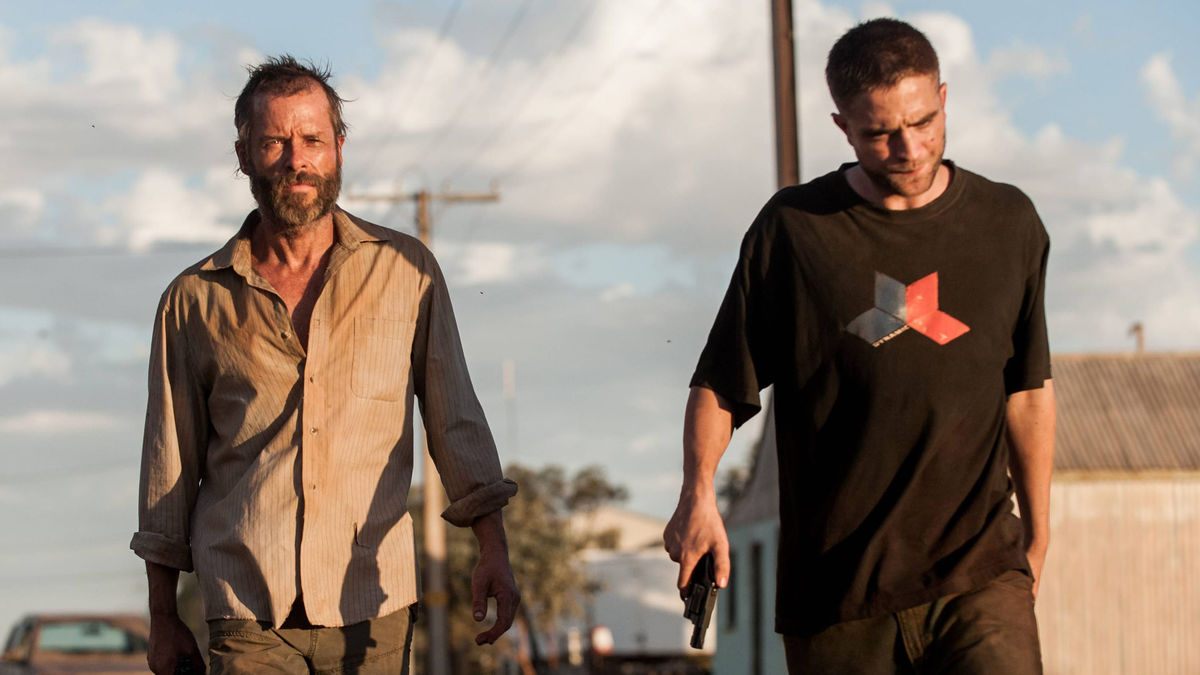
The Rover explores themes of survival, loss, and the collapse of civilization. Set in a world that has lost its economic and social structure, the characters must navigate a hostile landscape where human relationships are governed by violence and mistrust. The film also delves into the moral decay that accompanies the breakdown of society, as Eric and Rey’s journey forces them to make choices that challenge their own humanity. At its core, The Rover asks what remains of civilization when everything else is gone, and how far individuals are willing to go to retain their humanity in such a world.
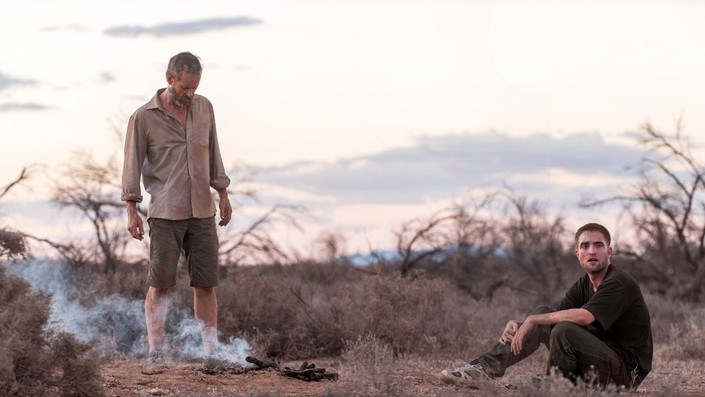
The cinematography in The Rover, shot by Natasha Braier, captures the harsh, unforgiving landscape of the Australian outback. The wide, open spaces emphasize the isolation and desolation of the world in which the characters live. Director David Michôd uses long, slow takes and minimal dialogue to create a sense of tension and unease, allowing the audience to feel the oppressive atmosphere of the environment. The pacing of the film is deliberately slow, focusing on character development and the building of tension rather than action, which enhances the emotional depth of the story.
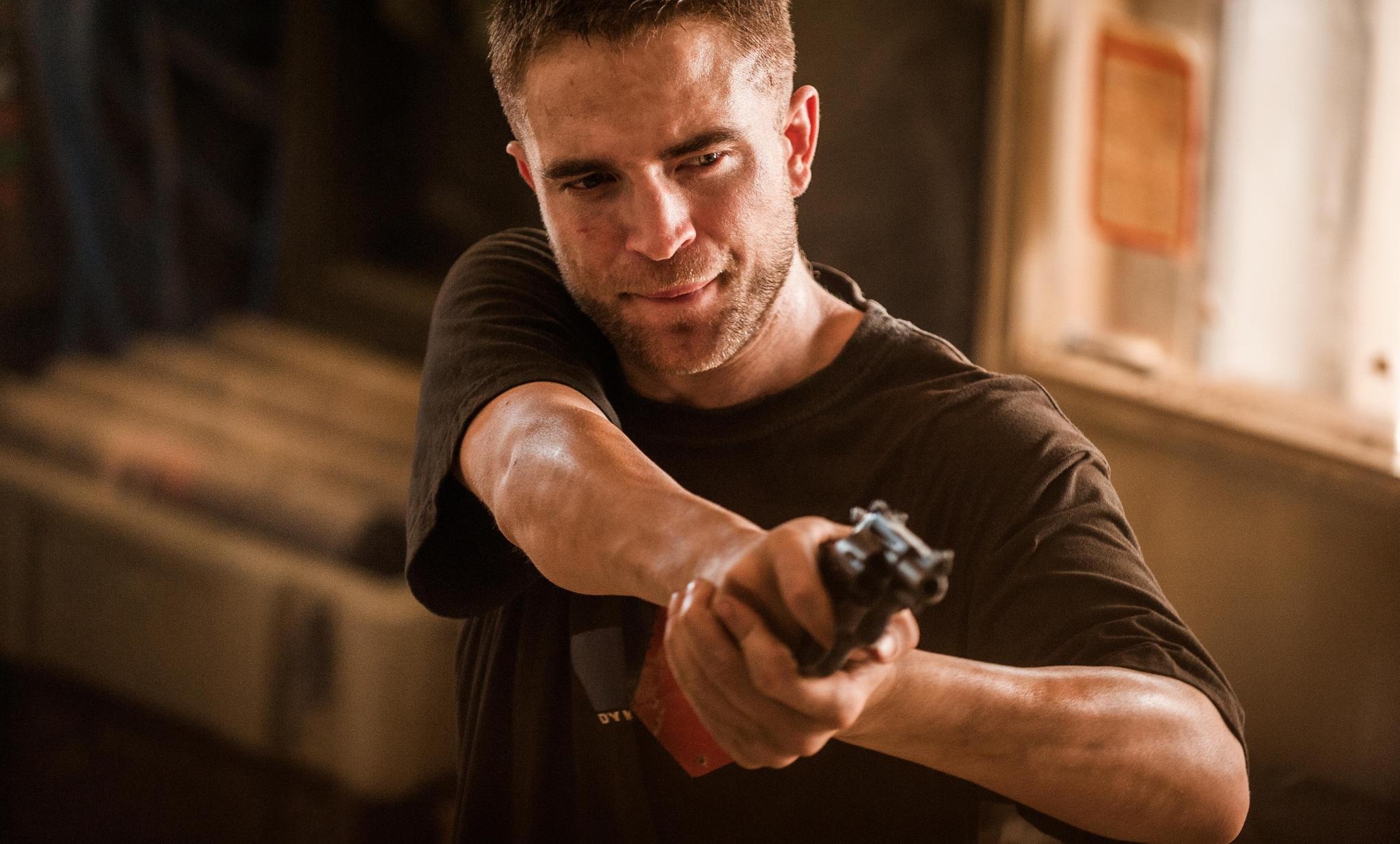
In conclusion, The Rover is a gripping and thought-provoking film that blends elements of western and post-apocalyptic genres to explore complex themes of survival, morality, and revenge. The powerful performances by Guy Pearce and Robert Pattinson, combined with the stunning cinematography and David Michôd’s direction, make this film a haunting and memorable experience. While the film may not provide easy answers, it leaves viewers with a lingering sense of the bleak reality faced by its characters and a poignant reflection on the fragility of civilization. The Rover is a unique and intense cinematic journey that showcases the resilience of the human spirit in the face of a broken world.
